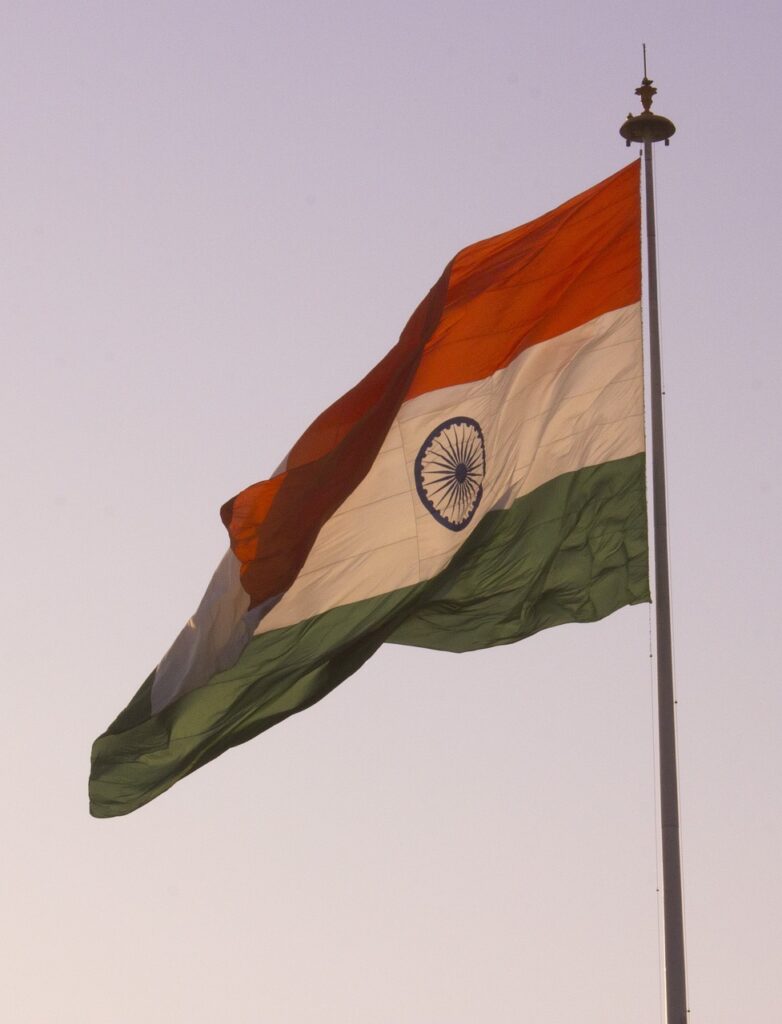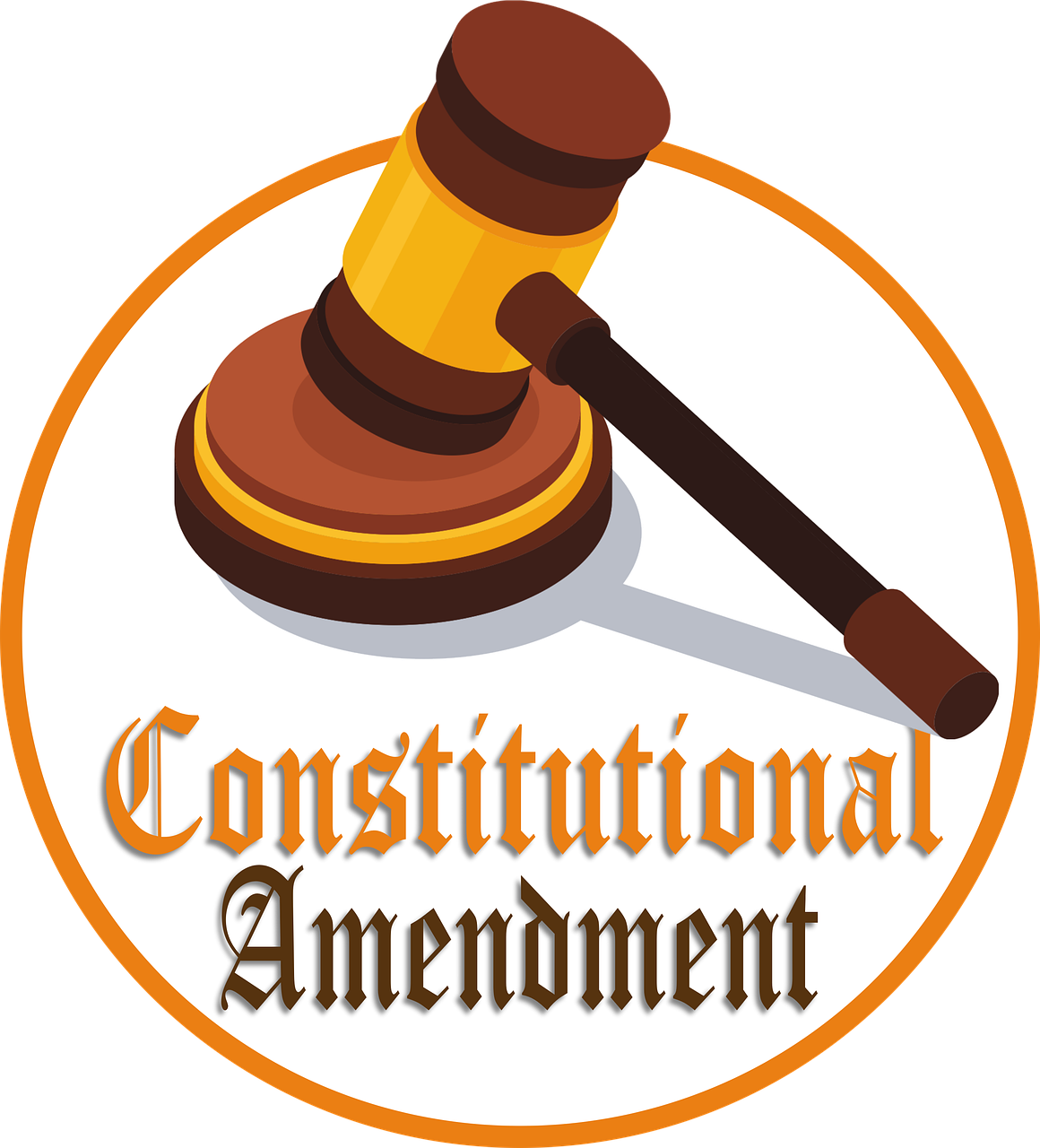Indian Constitution Question and Answers
Fundamental Rights:
Q: How many Fundamental Rights are guaranteed by the Indian Constitution?
- A: Six Fundamental Rights.
Q: Which Fundamental Right ensures equality before law?
- A: Right to Equality (Article 14).
Q: Which Fundamental Right prohibits discrimination on grounds of religion, race, caste, sex, or place of birth?
- A: Right to Equality (Article 15).
Q: Which Fundamental Right guarantees freedom of speech and expression?
- A: Right to Freedom of Speech and Expression (Article 19).
Q: Which Fundamental Right protects the right to life and personal liberty?
- A: Right to Life and Personal Liberty (Article 21).
Q: Which Fundamental Right guarantees the right to education?
- A: Right to Education (Article 21A).
Q: Which Fundamental Right protects the cultural and educational rights of minorities?
- A: Right to Cultural and Educational Rights (Article 29).
Q: Which Fundamental Right provides protection against arbitrary arrest and detention?
- A: Right to Constitutional Remedies (Article 32).
Directive Principles of State Policy:
Q: How many Directive Principles of State Policy are enshrined in the Indian Constitution?
- A: There are 11 Directive Principles of State Policy.
Q: Which Directive Principle of State Policy calls for the establishment of a uniform civil code throughout India?
- A: Uniform Civil Code (Article 44).
Q: Which Directive Principle of State Policy emphasizes securing opportunities for healthy development of children?
- A: Protection of Childhood and Youth (Article 39).
Q: Which Directive Principle of State Policy mandates securing just and humane conditions of work and maternity relief?
- A: Equal Pay for Equal Work (Article 42).
Q: Which Directive Principle of State Policy calls for the promotion of international peace and security?
- A: Promotion of International Peace and Security (Article 51).
Q: Which Directive Principle of State Policy aims to protect and improve the environment?
- A: Protection and Improvement of Environment (Article 48A).
Union and its Territory:
Q: How many Union Territories are there in India?
- A: Currently, there are 8 Union Territories.
Q: Which Article of the Indian Constitution deals with the formation of new states and alteration of areas, boundaries, or names of existing states?
- A: Article 3.
Q: Which Union Territory is the largest by area in India?
- A: Ladakh.
Q: Which Union Territory is known as the “Island City”?
- A: Lakshadweep.
President and Vice President:
Q: What is the minimum age requirement to be eligible for the office of the President of India?
- A: 35 years.
Q: Who appoints the Vice President of India?
- A: The President of India.
Q: Who acts as the ex-officio Chairman of the Rajya Sabha?
- A: The Vice President of India.
Q: What is the term of office of the Vice President of India?
- A: Five years.
Parliament:
Q: Which house of Parliament is also known as the “Council of States”?
- A: Rajya Sabha.
Q: What is the maximum strength of the Lok Sabha?
- A: 552 members.
Q: Who presides over the joint sitting of both houses of Parliament?
- A: The Speaker of the Lok Sabha.
Q: Who is the head of the Lok Sabha?
- A: The Speaker of the Lok Sabha.
Judiciary:
Q: Who appoints the Chief Justice of India?
- A: The President of India.
Q: What is the retirement age of a judge of the Supreme Court of India?
- A: 65 years.
Q: Which Article of the Indian Constitution provides for the independence of the judiciary?
- A: Article 50.
Q: Who is the highest judicial officer in India?
- A: The Chief Justice of India.
Citizenship:
Q: What is the minimum age for acquiring Indian citizenship by registration?
- A: 18 years.
Q: Who is the competent authority to grant Indian citizenship?
- A: The President of India.
Q: Which Act provides for the acquisition and determination of Indian citizenship after the commencement of the Constitution?
- A: Citizenship Act, 1955.
Q: Who is considered an Indian citizen by birth?
- A: A person born in India on or after January 26, 1950.
Emergency Provisions:
Q: How many types of emergencies are mentioned in the Indian Constitution?
- A: Three types: National Emergency, State Emergency (President’s Rule), and Financial Emergency.
Q: Who can declare a National Emergency?
- A: The President of India.
Q: Which Article of the Indian Constitution deals with the proclamation of Emergency?
- A: Article 352.
Q: What is the maximum duration of a proclamation of Emergency under Article 352?
- A: Six months, unless extended by Parliament.
Amendments:
Q: Which Amendment of the Indian Constitution introduced the Fundamental Duties?
- A: 42nd Amendment Act, 1976.
Q: What is the procedure for amending the Indian Constitution?
- A: Amendment bills must be passed by both houses of Parliament with a two-thirds majority and ratified by at least half of the state legislatures.
Q: How many Schedules are there in the Indian Constitution?
- A: There are 12 Schedules.
Q: Which Amendment of the Indian Constitution lowered the voting age from 21 to 18 years?
- A: 61st Amendment Act, 1989.
Official Language:
Q: Which Article of the Indian Constitution deals with the official languages of India?
- A: Article 343.
Q: How many languages are recognized as official languages of India by the Constitution?
- A: 22 languages.
Q: Which language is used for the proceedings in the Supreme Court of India?
- A: English.
Q: Which languages are mentioned in the Eighth Schedule of the Indian Constitution?
- A: Languages recognized by the Constitution.
Miscellaneous:
Q: What is the full form of CAG?
- A: Comptroller and Auditor General of India.
Q: What is the minimum age for voting in India?
- A: 18 years
49 Q: Which Article of the Indian Constitution deals with the allocation of seats in the Rajya Sabha to states and Union Territories?
– A: Article 80.
- Q: What is the term of office for a member of the Rajya Sabha?
- A: Six years.
- Q: What is the maximum strength of the Rajya Sabha?
- A: 250 members.
- Q: Who is known as the “Father of the Indian Constitution”?
- A: Dr. B.R. Ambedkar.
- Q: Which part of the Indian Constitution deals with citizenship?
- A: Part II.
- Q: Who has the power to dissolve the Legislative Assembly of a Union Territory? Lieutenant Governor or Administrator of the Union Territory.
- Q: Who can remove the President of India from office?
- A: Impeachment by Parliament.
- Q: What is the minimum age requirement to become a member of the Lok Sabha?
- A: 25 years.
- Q: Who is the custodian of the Constitution of India?
- A: The President of India.
- Q: Which Article of the Indian Constitution deals with the procedure for impeachment of the President?
- A: Article 61.
- Q: Who administers the oath of office to the President of India?
- A: Chief Justice of India or in his absence, the senior-most judge of the Supreme Court.
- Q: What is the maximum gap between two sessions of Parliament?
- A: Six months.
- Q: What is the tenure of a member of the Legislative Assembly (MLA) of a state?
- A: Five years.
- Q: Who is the head of the state council of ministers in a state?
- A: Chief Minister.
- Q: Which Article of the Indian Constitution deals with the appointment and dismissal of the Council of Ministers?
- A: Article 75.
- Q: What is the maximum strength of the Council of Ministers in the Union government?
- A: 15% of the total strength of the Lok Sabha.
- Q: Who is the ex-officio Chairman of the Rajya Sabha?
- A: The Vice President of India.
- Q: Who is the head of the judiciary at the state level?
- A: Chief Justice of the High Court.
- Q: What is the term of office for a member of a Legislative Council in a state?
- A: Six years.
- Q: Who appoints the Chief Justice of the High Court?
- A: President of India.
- Q: What is the age requirement to become a Governor of a state in India?
- A: No specific age requirement.
- Q: Which Article of the Indian Constitution deals with the appointment and term of office of the Governor?
- A: Article 156.
- Q: What is the minimum age requirement to become a member of a Legislative Council in a state?
- A: 30 years.
- Q: Which Article of the Indian Constitution deals with the qualifications for the appointment as a judge of the Supreme Court?
- A: Article 124.
- Q: Who has the power to dissolve the Legislative Assembly of a state?
- A: Governor of the state.
- Q: What is the tenure of a member of the Legislative Council in a state?
- A: Six years.
- Q: Who presides over the joint sitting of both houses of Parliament?
- A: The Speaker of the Lok Sabha.
- Q: What is the term of office for the Vice President of India?
- A: Five years.
- Q: Who administers the oath of office to the Vice President of India?
- A: The President of India.
- Q: What is the maximum gap between two sessions of a state legislature?
- A: Six months.
- Q: Who is known as the “first citizen” of India?
- A: The President of India.
- Q: What is the minimum age requirement to become the President of India?
- A: 35 years.
- Q: What is the term of office for the Chief Election Commissioner of India?
- A: Six years or until the age of 65 years, whichever is earlier.
- Q: Who administers the oath of office to the President of India?
- A: Chief Justice of India or in his absence, the senior-most judge of the Supreme Court.
- Q: Which Article of the Indian Constitution deals with the qualifications for the appointment as a judge of the High Court?
- A: Article 217.
- Q: What is the term of office for the Chief Justice of India?
- A: Until the age of 65 years.
- Q: Who appoints the Chief Justice of India?
- A: The President of India.
- Q: Which Article of the Indian Constitution deals with the formation of new states and alteration of areas, boundaries, or names of existing states?
- A: Article 3.
- Q: What is the term of office for a member of the Rajya Sabha?
- A: Six years.
- Q: Who appoints the members of the Union Public Service Commission (UPSC)?
- A: President of India.
- Q: Which Article of the Indian Constitution deals with the composition of the Council of Ministers?
- A: Article 75.
- Q: What is the term of office for the Governor of a state?
- A: Five years.

